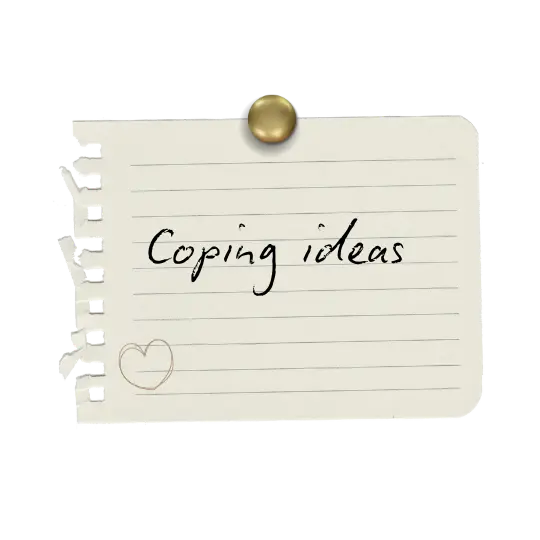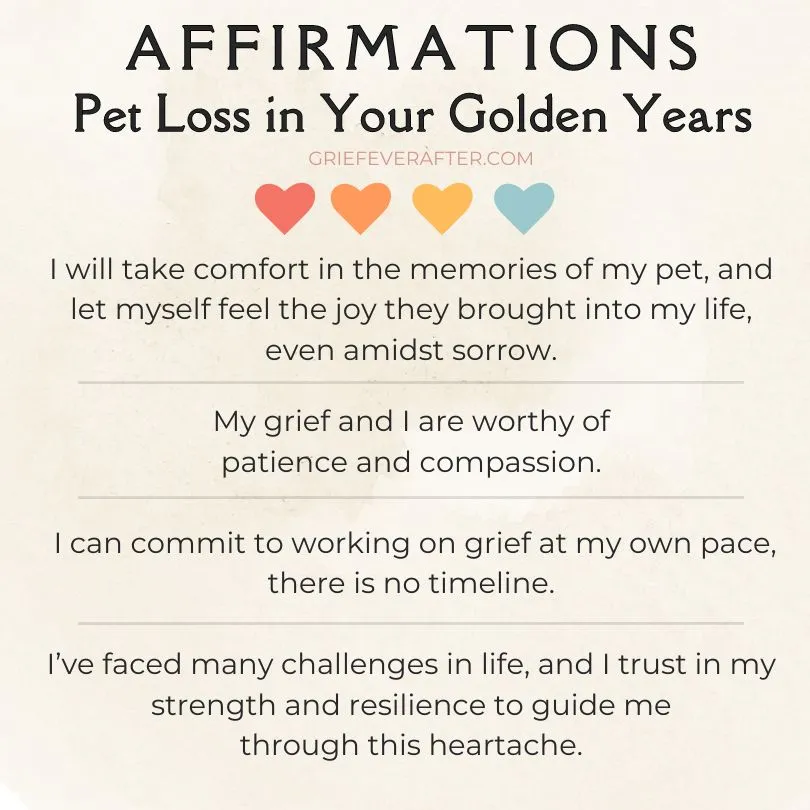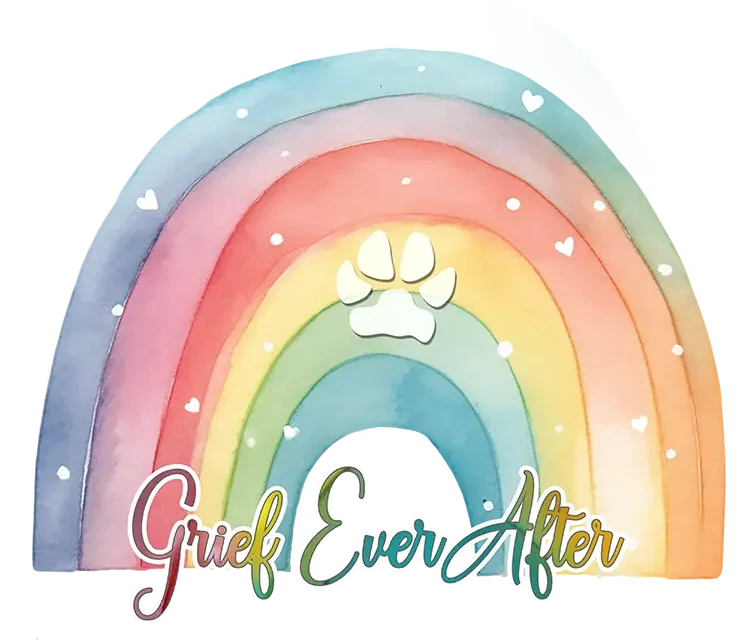The Impact of Pet Loss for Older Adults
With age comes wisdom, experience, and a deep understanding of how important special connections are in life. One of the most profoundly meaningful connections is the one formed with a cherished pet, often over many years. With a bond so deep, the impact of pet loss for older adults is significant.
The relationship formed with pets throughout one’s golden years provides not only companionship but also emotional support, daily purpose, and joy that enhances your well-being. When the time comes to say goodbye to a beloved pet, the loss can be marked by intense loneliness, deep sadness, guilt, and even anger. All very heavy layers of grief.
The loss of daily routine and support
The daily routine and structure that pets need provides a strong sense of purpose when they’re here. After loss, the abrupt disconnection from those routines leaves a void that can feel bottomless and disorienting, greatly affecting your mental health and well-being.
For older adults navigating this major life change, it can be hard to know how to simply get through the day. Compounded by the absence of your daily companion and emotional support, grief can become more than just a process. It can feel like one of the greatest challenges you’ve faced in life.
Persistent loneliness
Pets provide so much companionship and daily interaction. Having a partner for day-to-day tasks, laughing at their cuteness, talking to them – these are just some of the ways pets become such a wonderful, and crucial, daily support.
For older adults who live alone, it’s not like being alone at all when your furry companion is with you. After loss, it can feel like the first time you’ve been by yourself in as long as you can remember.
Pets also tend to be a bridge to social interactions. They get you out, get you chatting, and even meeting new people. In grief, however, the silence, uncertainty, and the isolation can become a foundation of deep loneliness.
An Abundance of Grief
Grief is not only reserved for the loss of those we love, though later in life it’s common to experience several human losses. But as senior years approach, there can also be a lot of upheaval and change.
Family members may move away, and the hustle and bustle of life can lead to less frequent check-ins. Your career may be transitioning to retirement. There might be health changes leaving you faced with the inability to do the same things, or the same way, that you used to. And sometimes homes even need to be downsized or relocation is on the horizon.
Life’s major shifts can evoke a sense of deep grief as well. Having a cherished pet with you through these times is like having an anchor to normalcy and familiarity.
The End of an Era
It’s not unusual after losing a pet in your golden years to begin questioning, “Was this my last pet? Am I in a place in my life to ever love another? Will I be alone for the remainder of my life?”
I know this is a sensitive subject. Many people in society believe that getting another pet is the solution for grief. Of course, that’s not a blanket truth.
The decision to ever love again is personal and may be complex. When you’re in your senior years, there are layers to the complexity of this question that are particularly tough. If you’ve decided that adding another pet to your life is not in your future, possibly due to age, finances, or health, you also grieve for the end of the era of furry companionship.

Coping with Pet Loss for Older Adults
So how do you cope and start moving forward? The truth is, losing your beloved pet is not an easy thing to live through. It can even feel like the world is truly rearranged, dull, and devoid of purpose and pleasure.
Part of coping, similar to other exceptionally hard times in life, is simply surviving and taking it day by day. Sometimes hour by hour. Finding small things that bring you comfort and holding on to those, even allowing comforts to grow and morph into rituals and remembrances.
Linking Objects
Sometimes the human mind can make you question whether holding on to items or objects (literally and metaphorically) that belonged to your pet, means you’re not willing to accept the loss. On the contrary, I believe that having items or a special object that distinctly represents your pet can be a lifeline.
Tangible links can provide some strength and connection while navigating grief. Whether it’s a blanket they slept with, a favorite toy, a cherished photo, or their identification tag, these things can help preserve the memory of your beloved and they offer comfort to your broken heart.
Embrace your touchstones and allow them to be a source of solace on your journey.
Continue to Talk With Your Loved One
You’ve always talked to your furbaby (or feathered or scaled baby), right? Giving yourself permission in grief to continue can feel like a freedom. Remember, you’re re-solidifying a connection now in a new and different way.
Continuing to talk with your loved one can feel normal and familiar, two very welcome emotions.
You can also consider journaling as a way to talk with them. By writing to your pet, you can reflect on memories, daily struggles of navigating grief, and simply send them love as part of your daily routine.
Investing in Other Areas of Life
Engaging in new activities can bring fulfillment and a sense of joy, even in a hard time. Consider things like volunteering, joining a club about something you enjoy (reading, crafting, hiking), or even individually trying your hand at crafts and creativity.
Though a part of you is missing, you are made of many parts and it’s important to remember that, even in the lowest times. Slowly reinvesting in life while grieving is a crucial part of the journey.
Finding Support
It’s fair to say that when you’re grieving it becomes starkly clear how important it is having supportive people around you. Those whom you can share your grief and emotions with. Who can listen while you talk about your pet – both the good and hard times. These people do not see you as needing fixing, but rather needing an ear or a shoulder.
Often the circle of people who can be a healthy support winds up small. Very small. You may also seek out support groups. Whether in-person, virtually, or online, connecting with others who are also experiencing grief can make you feel less isolated and help validate that your grief is normal.
It’s not uncommon to make new connections in your grief. Strangers can become friends, bonded over loss that is so profound.
Remembering Self-Care
Your physical wellness will help support emotional wellness. Remember to eat nutritious meals, drink water, and aim to get rejuvenating sleep. Take showers and get out into the fresh air daily. Stretch every day.
Prioritizing your wellness can help keep you grounded and ensure that you still have daily non-negotiables and some routine. It may be helpful to have a list for each day to ensure that grief brain doesn’t interfere with remembering your own wellness.
If I can remind you of one thing, it’s that your grief is normal. It’s tough to navigate the loss of someone who has spent many transformative years with you. Pets represent so much more than just a pet. They’re family.
Find comfort in the company of others. Be kind to yourself and on the hardest days, draw strength from your pet’s spirit that will always be with you.
If you’ve found this post seeking ways to support an older person in your life who is experiencing loss and grief, thank you. Your desire and willingness to understand how to best offer comfort reflects a genuine care for someone with a broken heart.







